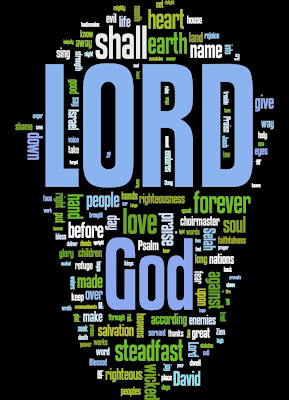Intolerance once again raises its ugly head in my city - a city whose university once celebrated "sifting and winnowing." From the
Journal-Sentinel:
A group that promotes the separation of church and state has asked Assembly Speaker Mike Huebsch (R-West Salem) to end the state Assembly's 160-year-old practice of opening sessions with a prayer.
In a letter to Huebsch today, Dan Barker and Annie Laurie Gaylor of the Madison-based Freedom From Religion Foundation said the prayers often "proselytize and advance the Christian faith" and exclude non-Christian and non-religious legislators, aides and members of the public. The group said that an analysis of videos of 16 prayers led by representatives over a one-year period showed that 15 were explicitly Christian. As a result, the prayers are unconstitutional, the group said.
"Legislators and clergy routinely invoke the Christian diety, ‘Jesus Christ,' as well as the ‘Holy Spirit' and Christian prophets and saints," the letter said. "Many of these ‘prayers' are nothing less than sermons meant to proselytize and advance the Christian faith to the Wisconsin general public."
Huebsch spokesman John Murray said Huebsch hadn't seen the letter yet, but would look at it and consider the request.
The Assembly has opened its meetings with a prayer since the state was founded in 1848, .... [more]
I have never understood how hearing someone pray coerces the hearer. I have lived in Madison almost all of my adult life. Consequently, I have heard any number of people, in private conversation and speaking publicly, express views on politics and religion with which I strongly disagree. And yet, somehow, they have failed to change my mind. If the Freedom from Religion group are right about the potential influence of just hearing something expressed, then there must be an extraordinary number of feeble-minded people about with very weak religious convictions. Thomas Jefferson voluntarily attended regular Christian worship services held in the new United States Capitol, and yet retained his distinctly heterodox theological views.
I am convinced that the anti-religious among us are less interested in protecting people from "proselytizing" than in prohibiting the "free exercise" of those who do believe in God. The secularizers will not stop until the public expression of orthodox belief is silenced. Liberals, especially Wisconsin Progressive Liberals, once believed that the cure for speech they disagreed with was more speech, not less.
Thanks to
Badger Blogger for calling my attention to this story.
Group asks Assembly to stop opening with prayers, calls them unconsitutional - All Politics
 Andrew Camenga, the executive for the Seventh Day Baptist Board of Christian Education, has been playing with Wordle. He entered the Seventh Day Baptist Statement of Belief and his result can be found here. The most prominent word by far is "believe" (which does not indicate any affinity with a particular Presidential candidate) because each section begins with "we believe." I decided to enter the same words, play around with the format, and see what came up. My result is on the right and at Wordle. Click on the image for a larger version.
Andrew Camenga, the executive for the Seventh Day Baptist Board of Christian Education, has been playing with Wordle. He entered the Seventh Day Baptist Statement of Belief and his result can be found here. The most prominent word by far is "believe" (which does not indicate any affinity with a particular Presidential candidate) because each section begins with "we believe." I decided to enter the same words, play around with the format, and see what came up. My result is on the right and at Wordle. Click on the image for a larger version.








